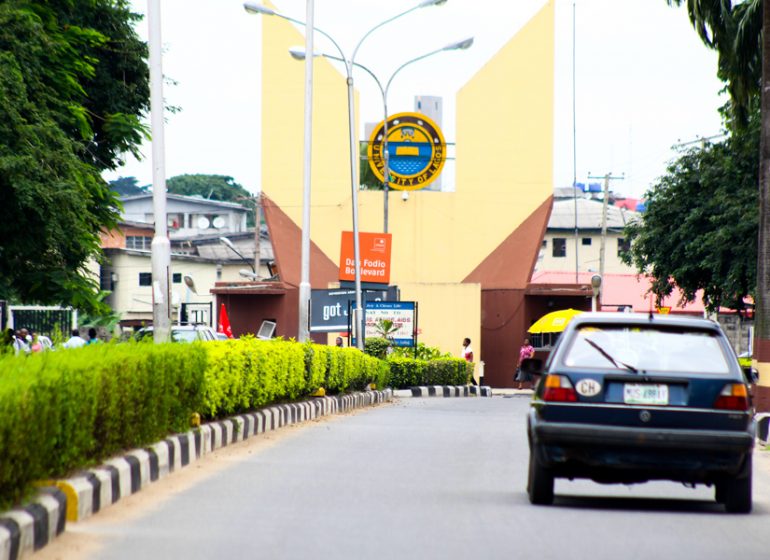
We write to you on behalf of the undersigned, in relation to an article published in your newspaper ‘The Guardian’ on 13th of October, 2019 titled- “That BBC’s sting operation in UNILAG about the recent ‘Sex-For-Grades’ investigative report by BBC Africa Eye.
The tone of the editorial was flippant, dismissive, distressing and disappointing. It was even more surprising that a newspaper of such high calibre as ‘The Guardian’ would publish such an uninformed and ill-advised editorial. At a time when conversations around the plague of sexual violence are being amplified to raise awareness and education amongst Nigerians, with the objective of corrective attitudes, deterrence and eradication; any publication worth its reputation should not be seen to be joining forces with those who trivialise, deny and in some cases seek to justify this visible truth.
What your published editorial did in essence questions the validity and credibility of a report which not only augmented the voices of survivors who have braved a less than sympathetic environment to tell their stories, but also supports the relentless efforts by various advocates, to encourage open and honest debate, inform the general public, motivate stakeholders and engage lawmakers on this societal-disease and its multi-layered physical and psychological injuries.
This is quite shocking from one of the oldest and what we think of as a credible newspaper. The techniques and tools used in the BBC report are not just tried and tested; they are acceptable globally as legitimate ways of investigating crimes. The Guardian’s concerted effort to rubbish this report in its editorial by referencing the fact that this crime happens in other places is distressing. All you need to do to understand the gravity of what you did is to replace the words sex for grades with corruption and you will understand the magnitude of your error. Imagine if this was a sting operation against politicians and you wrote an editorial that gives copious examples of corruption in other places and use this as basis to insinuate a lack of credibility of this stellar piece of investigative journalism.
To understand the seriousness of the problem we face, may we remind you of the UN statistics, which say that 1 in 4 girls and 1 in 10 boys in Nigeria will experience rape before the age of 18. Clearly, sexual violence remains an existential threat in our society. A pandemic of this nature requires our collective condemnation and the engagement of all who care about this country and our communities to both eliminate and prevent it from spreading to the next generation. It is simply disingenuous to treat it as anything else but the affliction that it is! The Guardian needs to be a strong partner and voice in this fight.
We like to believe that the editorial that went out is an aberration and not at all reflective of The Guardian’s view on sexual harassment and violence, which has become too prevalent in our communities. We hope we can work with you to advocate against these horrific crimes so we can contribute to a safe society for all…Bakare-Yusuf and Asubiaro wrote for More Women Campaign Group (A group of 188 women organisations, professionals, academics and experts.)
END

Be the first to comment